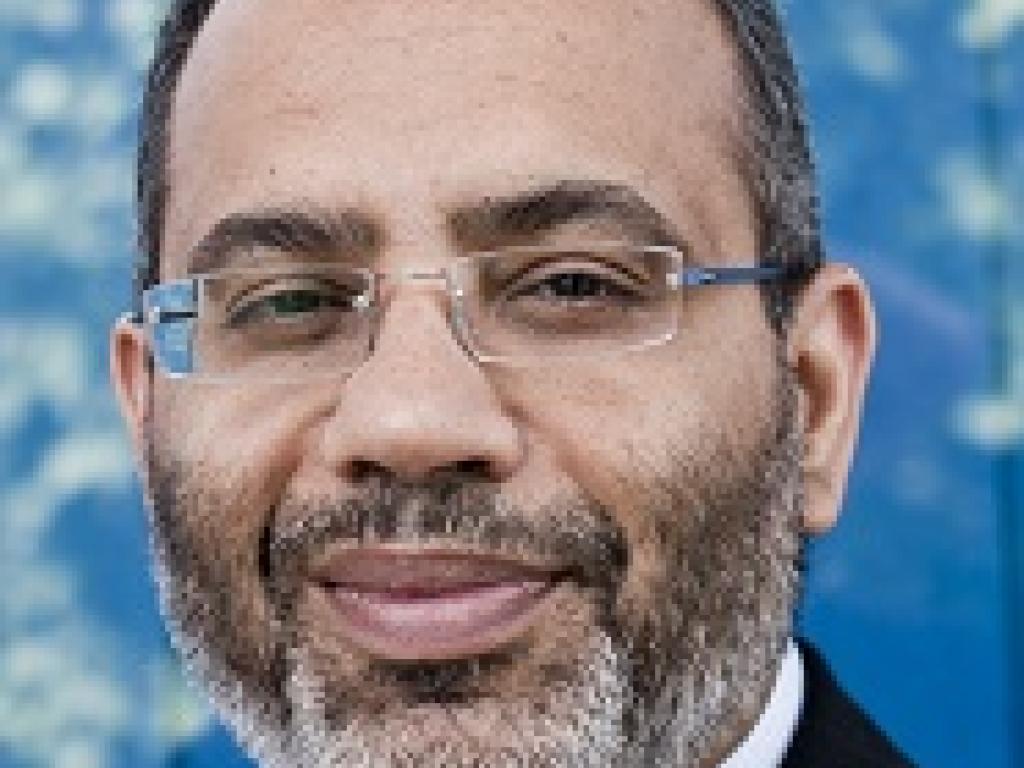Appointment of former United Nations Economic Commission for Africa head at UCT

The appointment of Professor Carlos Lopes is yet another coup for UCT’s Graduate School of Development Policy and Practice. Just five years old, UCT’s youngest baby has managed to attract the cream of African intellect to mentor the next generation of the continent’s public servants. Professor Lopes’ appointment was announced at the School’s five year celebration yesterday evening.
Lopes joins former Finance Minister, Trevor Manuel and leading African intellectual, Thandika Mkandawire, as a visiting professor at the GSDPP. Other contributors have included Francis Fukuyama, Thuli Madonsela, Nhlanhla Nene and Vusi Pikoli.
Housed in an old mansion at the foot of the UCT campus, the School runs various programmes, including a Master’s degree in Development Policy and Practice; executive courses for senior public servants and NGOs; a networking programme for African politicians and policy-makers and a development course for emerging African leaders.
The School is the brainchild of the current director, Professor Alan Hirsch, who spent two decades at the highest level of policy-making in the South African government, including managing economic policy in the Presidency. Driven by a desire to use his experience to enhance the quality of public governance in South Africa and the rest of the continent, Hirsch drew on the network he had accumulated while in government to raise the necessary funds and to attract the best global minds.
To ensure the academic programme was globally competitive, Hirsch brought in Professor Brian Levy as academic director. Levy, who trained as an economist at Harvard after graduating from UCT, went on to become a global expert on public sector effectiveness in developing countries while working at the World Bank.
Working with Hirsch and Levy is a small but highly effective team. They operate within a global network which stretches from the London School of Economics, the Stanford and Johns Hopkins Universities to the Institut Superior de Management in Dakar.
At home, they have run courses in evidence-based policy for senior officials in, among others, the Treasury, the Department of Planning, Monitoring and Evaluation and the Programme to Support Pro Poor Policy Development.
The appointment of Lopes brings the School closer to key African thinkers. Most recently executive secretary of the UN Economic Commission for Africa, Lopes has had a major impact on the perceptions of African economic development.
Speaking at the School’s fifth anniversary celebrations, Lopes said: - I hope to be able to bring to the GSDPP my experience and extensive African network of contacts. I am currently involved helping various Presidents and leaders of top African institutions in transformation processes. My contribution at UCT can bridge some of the communication gaps between key policy makers and academia.
“I am particularly excited by the opportunity of working with the next generation of African leaders at a University that has established such an excellent reputation. GSDPP’s great work in the past five years is a good demonstration of the quality and relevance of its programmes.”
100 Most Influential Africans 2016
Carlos Lopes : « L’industrialisation est une priorité »
